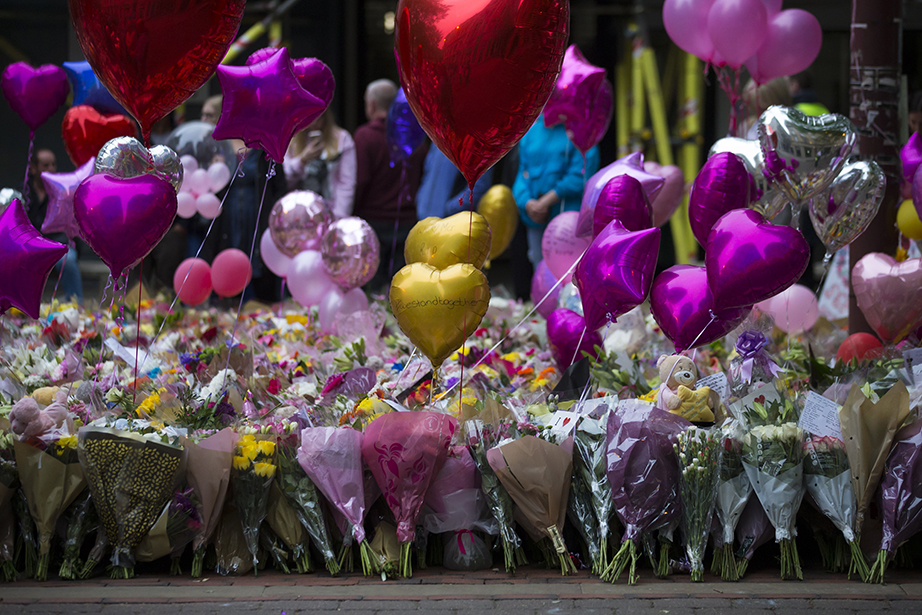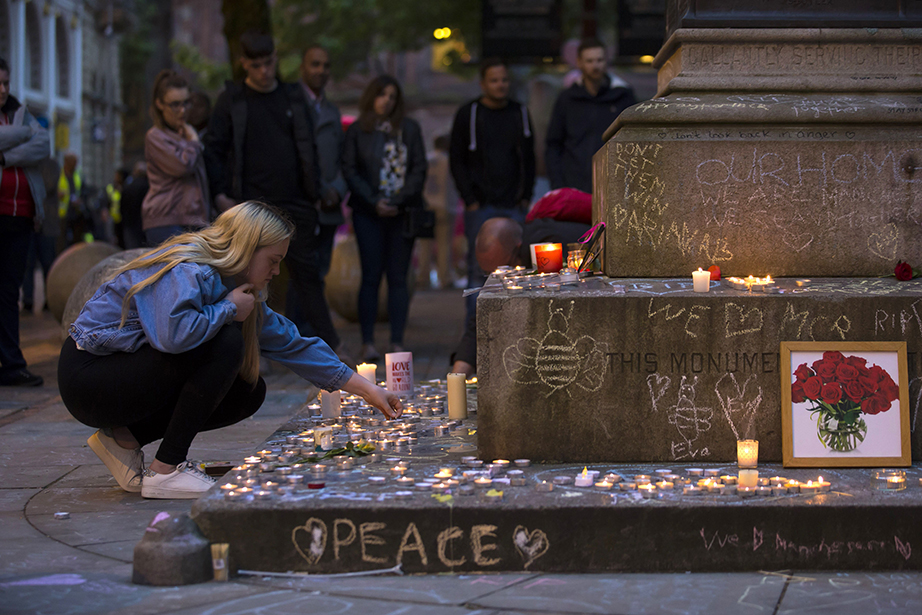As we try to come to terms with the many terror attacks happening worldwide, it seems best to shelter our children from the horrific news.
It’s most certainly natural, especially as parents are probably still grappling with the enormity of the events themselves. However, child experts suggest it’s not always the best way to deal with tragedy.
“Don’t delay telling your children,” Harold Koplewicz, President of the Child Mind Institute, tells TIME. “It’s very likely that your child will hear about what happened, and it’s best that it comes from you so that you are able to answer any questions, convey the facts, and set the emotional tone.”
Answer their questions
It helps to sit down with your children and find out what they have already heard, then answer any questions they might have.
“By initiating this dialogue, and allowing and encouraging your children to express their feelings, you can help them build healthy coping skills that will serve them well in the future,” says Koplewicz.
Although it might be difficult, do try to stay calm while talking about these terrifying events. Children tend to mirror their parents’ emotions – if you seem anxious, they will start to feel anxious too.
Here’s a guide to keeping the conversation age-appropriate:

Pre-schoolers
For kids of this age, it’s best to avoid the subject entirely. Children below five may confuse facts with fears, says Koplewicz. Limit their access to news and be mindful of what you watch when they’re nearby. Answer questions, but with caution: “Remember, you don’t have to give them more details than what they ask for.”
Primary aged kids
Let your children lead the conversation. “If the kids are aware of what happened, a parent’s discussion should be focused on the child’s well-being,” says psychologist Paul Coleman, author of Finding Peace When Your Heart Is in Pieces. “The details of who, what, when, and why should guide the discussion to the child’s deeper – perhaps unstated – concerns.”
Keep details to a minimum, like the number of deaths or how the attacks were orchestrated, and avoid emotive language, says Coleman. “If you are very upset and they notice, reassure them you will be fine but you are just sad at the news.”
Ensure you answer your child’s questions. Six to 11-year-olds are comforted by facts. “For kids this age, knowledge can be empowering and helps relieve anxiety,” says Koplewicz.
Don’t dismiss their fears as silly or stupid. Children generally worry that bad things they hear about might happen to them. Do point out that these events are rare and the bad people have been caught and the chances of it happening again are slim.

Intermediate aged kids
Ask them if they’ve heard about the attacks and what they think. Psychologists suggest it’s helpful for children of this age to talk about their feelings in a place they feel safe.
“Answer their questions simply,” says Coleman, “and reassure them that they are safe and that adults are working hard to prevent things like this from happening again.”
While these children are older, it’s still best to avoid too many details.
Don’t worry if they seem unaffected by the attacks. “Children react to disturbing events in different ways,” says Koplewicz. “Some might want to spend extra time with friends and relatives; some might want to spend more time alone. It’s important to let your child know that it is normal to express things in different ways — for example, a person may feel sad but not cry.”
Encourage them to express their fears and review your household’s safety plans with them to keep your children feeling safe.
High school kids
These young adults are probably absorbing a lot of information about the events on social media and talking about it with their friends. You may like to talk to your children about the details – what we know and what we don’t.
“It’s very typical for teens to say they don’t want to talk,” says Koplewicz. “Try to start a conversation while you are doing an activity together, so that the conversation does not feel too intense or confrontational.”
It’s good to share your feelings on the issue to children of this age. Don’t feel like you have to hide them. “Reassurances that they won’t ever get hurt or lose someone in a terrorist attack will not be believed,” says Coleman. “Speak to them in terms of probabilities.”
Talk to them about what to do in an emergency, including where they should go if they can’t get home and who to call if they can’t reach you.
Therapists say it’s a good opportunity to talk to kids of this age about violence, too. Have a conversation around its effects and better ways to solve problems and voice concerns.
These are our top five tips for approaching this difficult subject with children.
Use simple, direct language, although make sure the words you use are appropriate to the age of the child you are talking to.
Let your children know you are willing to have difficult conversations with them, even if its an upsetting subject.
Stick to the facts, and minimise opinions. It’s helpful to try to distinguish between bad acts and bad people.
Expect children to ask questions and try to answer with some solid reassurance.
Keep an eye on any child who has experienced the death of a loved one. The media’s coverage of death and tragedies can be particularly painful for children who have experienced this level of grief and traumatic events can take children back to their own raw feelings of loss.


